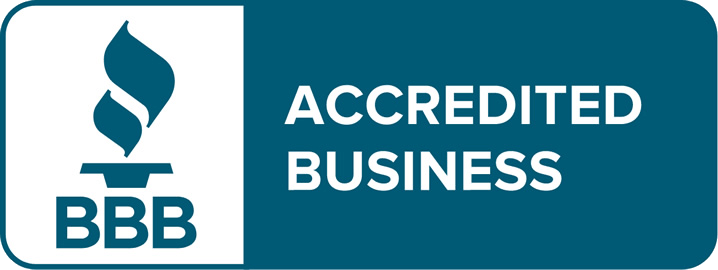If you can hear yourself reading that title to the tune of the old Batman song, you’re not alone. Unfortunately, not even Batman can help you if you fall victim to one of the many tax scams targeting taxpayers this time of year. The two most prevalent and pervasive scams prey on taxpayers soon to receive refunds and those that have a delinquent balance owed to the government.
 The first type, one which preys on refunds, is carried out by attempting to steal identifying information so a fraudulent tax return can be filed on the taxpayer’s behalf in order to have the refund sent to the criminal. Ways in which one might fall victim to this is by way of an e-mail or link impersonating an official organization requesting information that would typically be found on a tax return. Such information includes your social security number, address, past tax return information and potentially even your pin # that you may have chosen with the IRS.
The first type, one which preys on refunds, is carried out by attempting to steal identifying information so a fraudulent tax return can be filed on the taxpayer’s behalf in order to have the refund sent to the criminal. Ways in which one might fall victim to this is by way of an e-mail or link impersonating an official organization requesting information that would typically be found on a tax return. Such information includes your social security number, address, past tax return information and potentially even your pin # that you may have chosen with the IRS.
If you believe you have fallen victim to this type of scam, there is something that can be done immediately. The filing of Form 14039 with the IRS notifies them that you may have had your information stolen and they will begin to work with you to correct any fraudulent returns filed on your behalf. It also results in the creation of an Identity Protection PIN which can be used for future returns and should not be shared with anyone. Taxpayers can also preemptively file Form 14039 to request the creation of an IP PIN in order to protect their filing process before it becomes compromised.
The second type of scam is one we see far too often here at 20/20. When a taxpayer has a delinquent tax account and owes either the state or IRS, it is common for a lien to be filed against them. Scammers will typically pose as state agents or IRS revenue officers claiming that there is a tax lien of public record in your name and insist you pay immediately while making threats of criminal consequences. The IRS insists they will not initiate contact with a taxpayer by phone, however that comes with the caveat that they may make contact by phone after previously sending notices regarding the tax debt. This contact is typically made by a revenue officer and you can request they provide their ID # as well as contacting your local IRS Taxpayer Assistance Center to confirm their legitimacy.
If you still believe you cannot safely handle your back tax debt alone, we are here to help. At 20/20, our Enrolled Agents work directly with Revenue Officers and State Agents every day to assist taxpayers in need of affordable resolution options. Contact us immediately to get a Tax Facts Report and engage us to step in on your behalf to lower your tax liability and find a manageable resolution.



